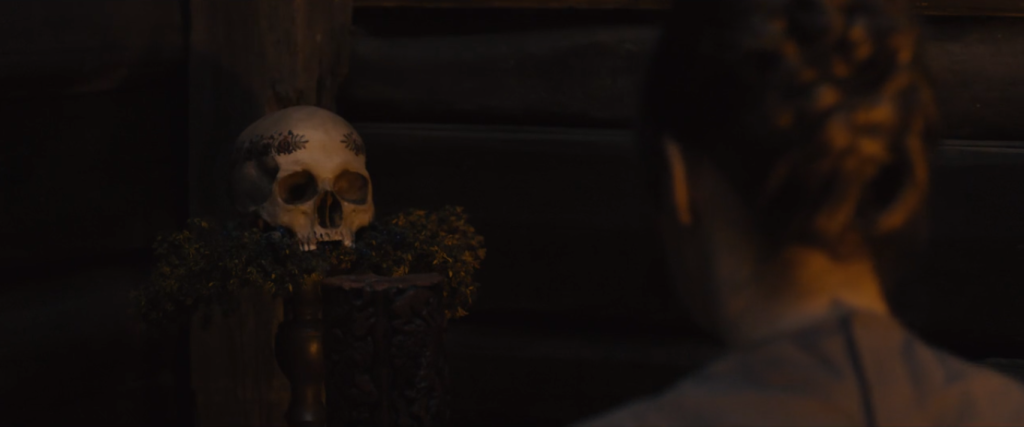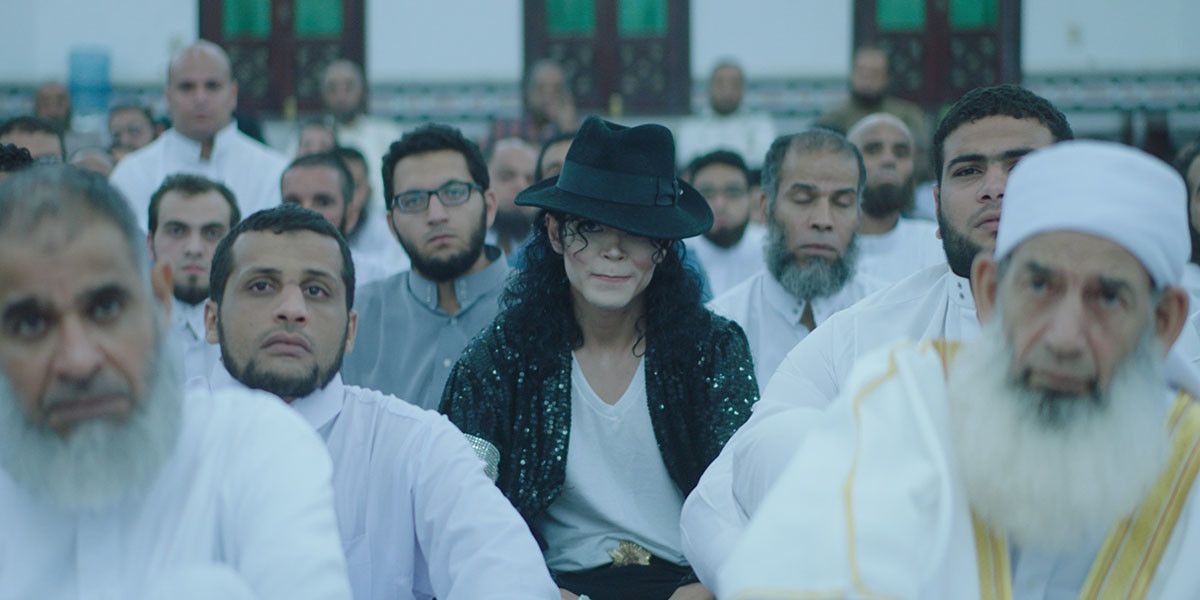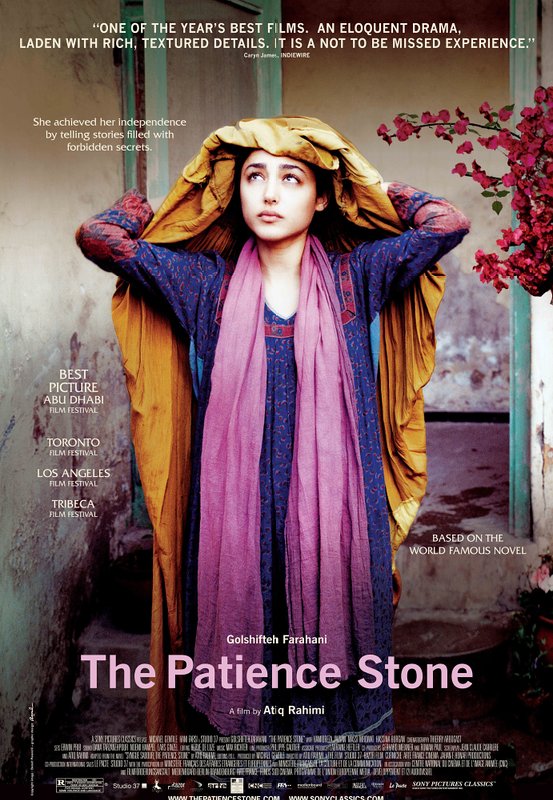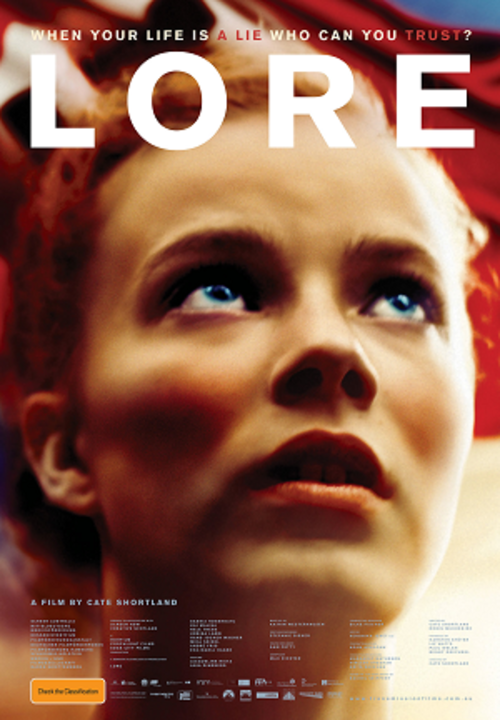Film Review: Hagazussa (2017)

In my last post I reviewed Robert Egger’s 2015 debut The Witch, so I thought perhaps this is a good time to take a look at this German much darker take on witches; Austrian director Lukas Feigelfeld’s 2017 debut Hagazussa, which apparently also translates to the witch in High German. The film is an Austrian- German production that was released in 2018, almost three years after The Witch’s, something that Figelfeld has stated was disappointing for him, as he had been working on his film for years before and didn’t want audiences to draw comparisons immediately, which is frankly very hard not to do.
Set in the middle ages in a rural Alpine community, the film explores the life of its main character Albrun (Aleksandra Cwen) in the form of four acts, each with a distinct underlying theme. In the beginning we see Albrun attending to her sick mother in a secluded cabin in the mountains, where they live together alone and excluded from their community, which considers them witches. The mother eventually dies in a rather gruesome manner leaving Albrun to deal with her traumatic loss and to fend for herself alone in this wilderness. The rest of the film explores Albrun’s adult and extremely lonely life, as she becomes a single mother ostracized by the townsfolk, and relying on goat herding to provide for herself and her baby. Her past traumas are vivid in every scene, she is on the verge of psychosis because of her complete isolation, and eventually all of her mental problems are rather amplified by the way her community behaves towards her, which meticulously pushes her further towards complete and utter madness.
The main theme of the film is almost identical to that of The Witch; it’s a careful study on the causes and circumstances of Europe’s witch hunt of the Middle Ages, but while Egger’s film presents itself as a folk tale intertwined with the ever present supernatural elements of its universe, Feigelfeld’s film is rather the practical results of applying this folk tale to real people living in the era. The film lacks any supernatural elements, and every action that happens on screen, regardless of its wildness or gruesomeness, is not related to the supernatural in any way. Hagazussa is about a woman who is quite clearly unstable from the start, and her journey of losing her mind, which is probably the explanation for most cases of women accused of witchcraft at that time. The film also explores the effects of these accusations on the women themselves; Alexandra Cwen perfectly captures this in her performance, with subtle facial gestures and incredibly expressive eyes, offering the viewer a glimpse of Albrun’s significantly deteriorating mental state. Despite Albrun’s actions that get crazier by the minute, the film maintains its cold and sinister tone evenly throughout, this disconnect certainly heightens the horror, making for a very interesting and overall dark viewing experience.

It is very hard to decide whether to recommend this movie or not, I absolutely loved it, but I admit I have a dangerously soft spot for cinematography; any film that has grand picturesque landscape shots or gorgeous naturally lit indoor scenes is absolutely worth watching for me, and Hagazussa certainly lives up to this standard and even surpasses it. The film is visually stunning, an absolute feast to look at, which combined with an eerie and minimalist soundtrack, completely mesmerized me. However, I can see why it wouldn’t appeal to a lot if viewers; the film is incredibly slow even for its rather short runtime, and with extremely sparse dialogue that can probably be summed up in less than ten minutes, this can obviously make it arduous to watch for a lot of people, and was certainly not ideal for me either. Additionally, the film is awfully dark, it takes some twists and turns that can put anyone at unease, mainly because it dismisses the supernatural element from the equation and allows all of the evils shown on screen to stem from human nature alone, also it leans on ambiguity and leaves a lot of room for interpretation, shying from a cathartic conclusion and allowing this darkness to stick around even after the film has ended. All in all, these were the highs and lows of this film for me; I would recommend it to anyone who liked The Witch and was looking for a story somewhat similar, but also to anyone who is willing to watch a non-traditional horror movie, with aesthetics that are miles above average.

















